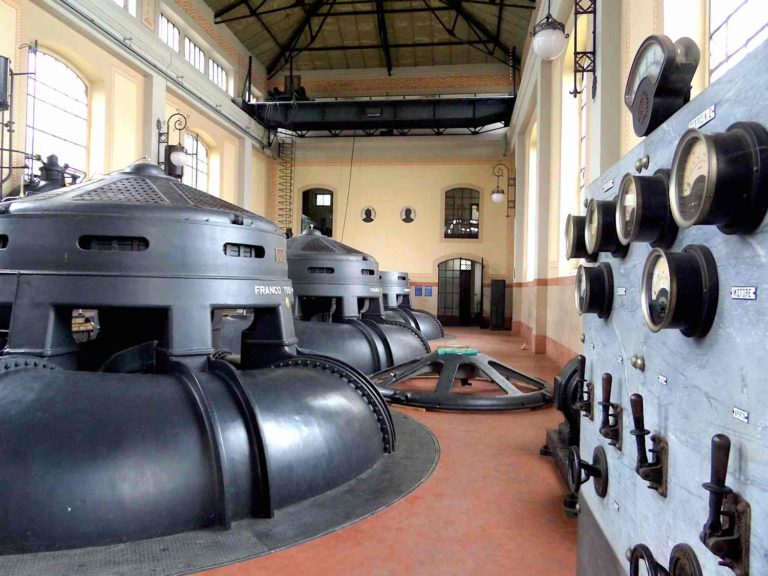Whenever I travel I like to be informed about the history and points of interest of the places I visit.
There are people who are ok with a few tips on a traditional guide, and other people like me who want to know more. I use blogs, websites and specialized magazines to plan my journey carefully, following non-conventional paths to have a thorough overview of the territory I’m visiting.
Starting from this particular need, the other day I was thinking about the relationship between industrial archaeology and tourism. I know that the terms industrial and tourism may not seem to match, but it’s quite the opposite. For this reason, with the support of the Save Industrial Heritage association I decided to create a tour of the industrial heritage sites of our region, which are accessible to everybody for free.
To make things easier for you, I divided the itinerary in two parts according to the traditional geographical dichotomy between Emilia and Romagna. Let’s start with the latter!
Sulphur
Where: Via Montecchio, 20 | Novafeltria, Località Perticara (Rimini)
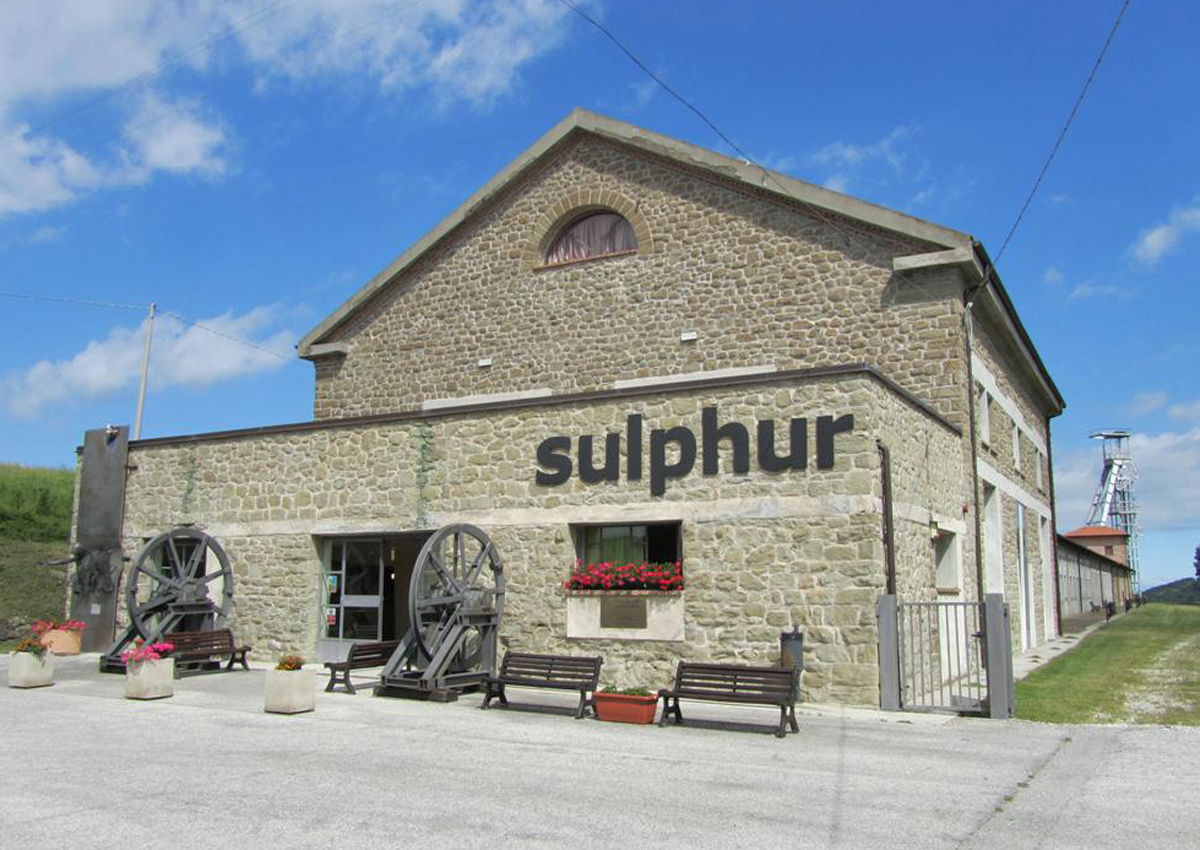
The mine of Perticara is a living testimony of the great mining district of the Romagna Apennines. It belonged to one of the main sulphur caves of the late 19th century, and it has now turned into a museum.
Its collection testifies to the work and technologies used to extract the mineral in the 1900s, with a remarkable display of utensils, machinery and original engines, all in perfect conditions.
Ravenna's Darsena
Where: Via d’Alaggio | Ravenna
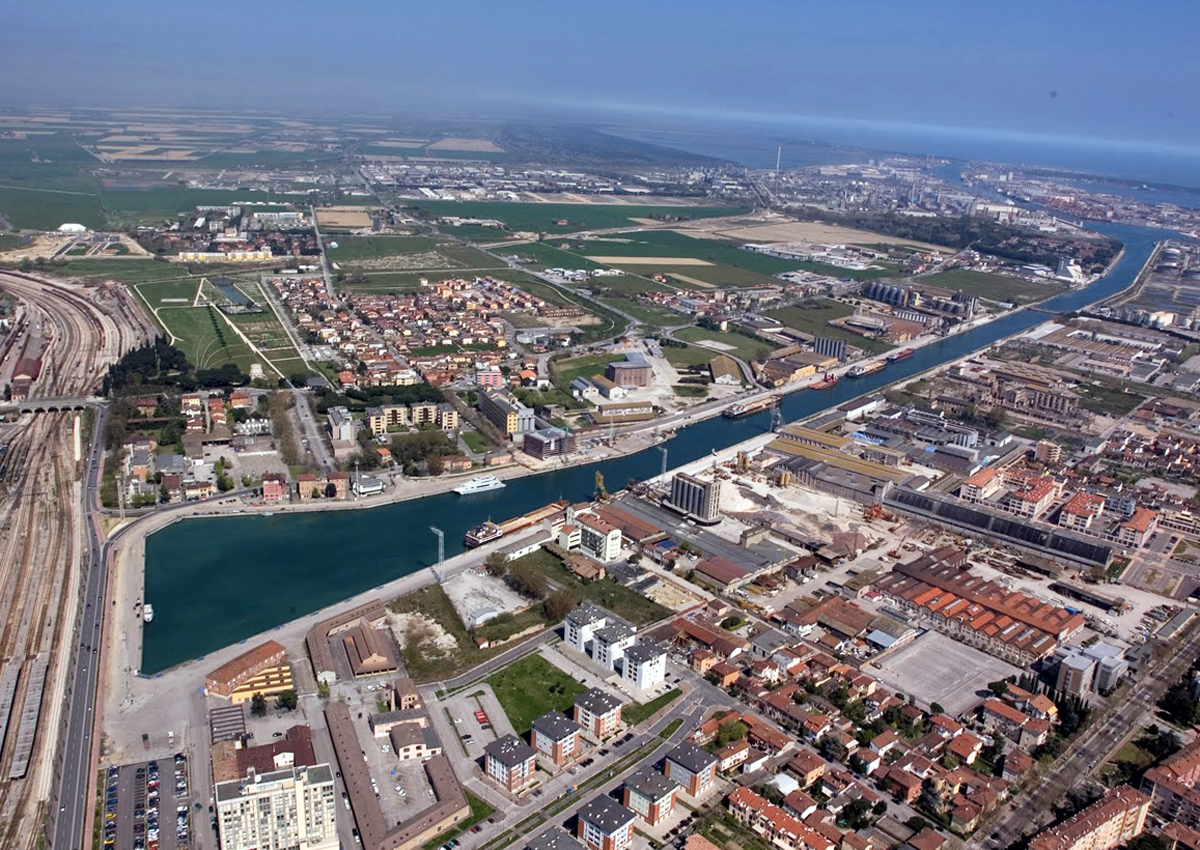
Ravenna’s so-called Darsena (city docks) is an artificial water basin that connects the city centre with the sea. It is situated right behind the train station, and along its banks are the sites that pioneered Ravenna’s industrial, logistic and commercial progress over the past century. The entire area is undergoing an interesting process of urban, artistic and cultural renewal: from the Almagià arena to cross-projects such as street art festival Subsidenze.
Italian Museum of Cast Iron
Where: ex-church of Santa Maria delle Lacrime | Longiano (Forlì/Cesena)
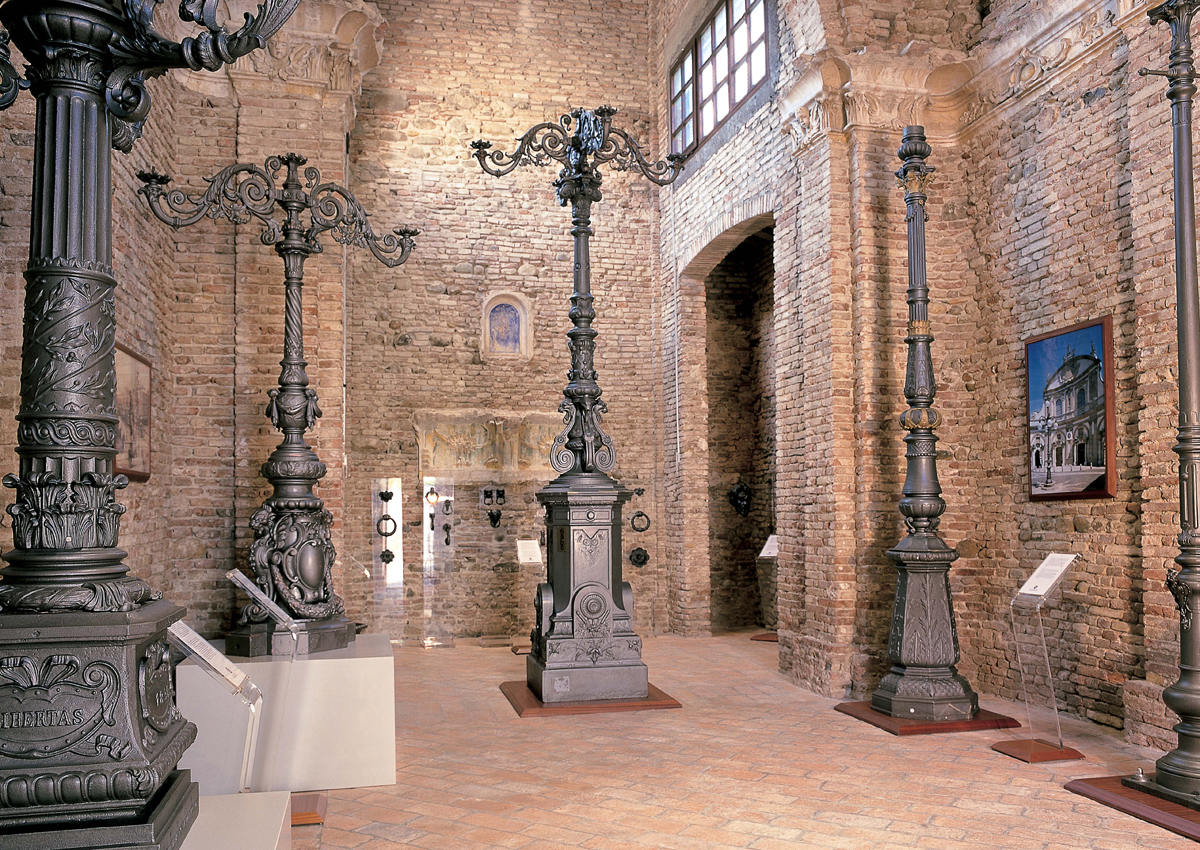
Neri is a leading company in urban decorating and public lightings. Its activities include the renovation of historical decorations made of cast iron (gazebos, lamps, benches, fountains etc.). Over the years, the company has collected a significant number of works both from Italy and from the rest of Europe, which are now reunited in the Italian Museum of cast iron.
The museum is housed in various locations: the ancient Church Santa Maria Delle Lacrime (de-consecrated) in Longiano’s city centre, the MIG – a wide industrial area which used to be a former painting plant belonging to Neri – on the Via Emilia, and an open-air section realised within the 19th-century Giardino Pubblico in partnership with Cesena City Council.
Fabbrica
Dove: Viale G. Carducci, 113 | Gambettola (Forlì/Cesena)
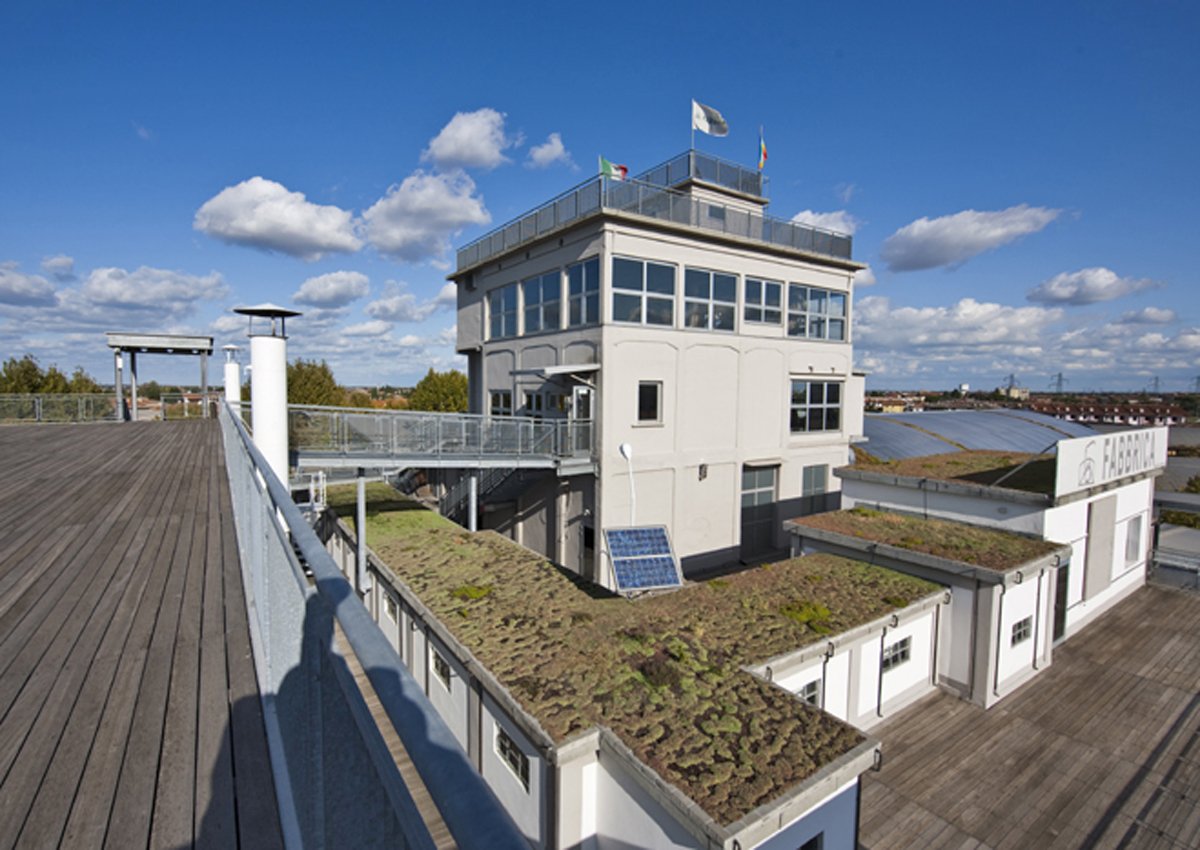
Fabbrica is an centre dedicated to art and culture, realized inside the former cement factory SICLI in Gambettola. The preservation of its plants and machinery is what makes this place reaaly outstanding, as it respects the industrial history of the place. Several years of projects and investments have turned Fabbrica into a complex structure where contemporary art and photography combine in a proper museum of industrial archaeology.
Author
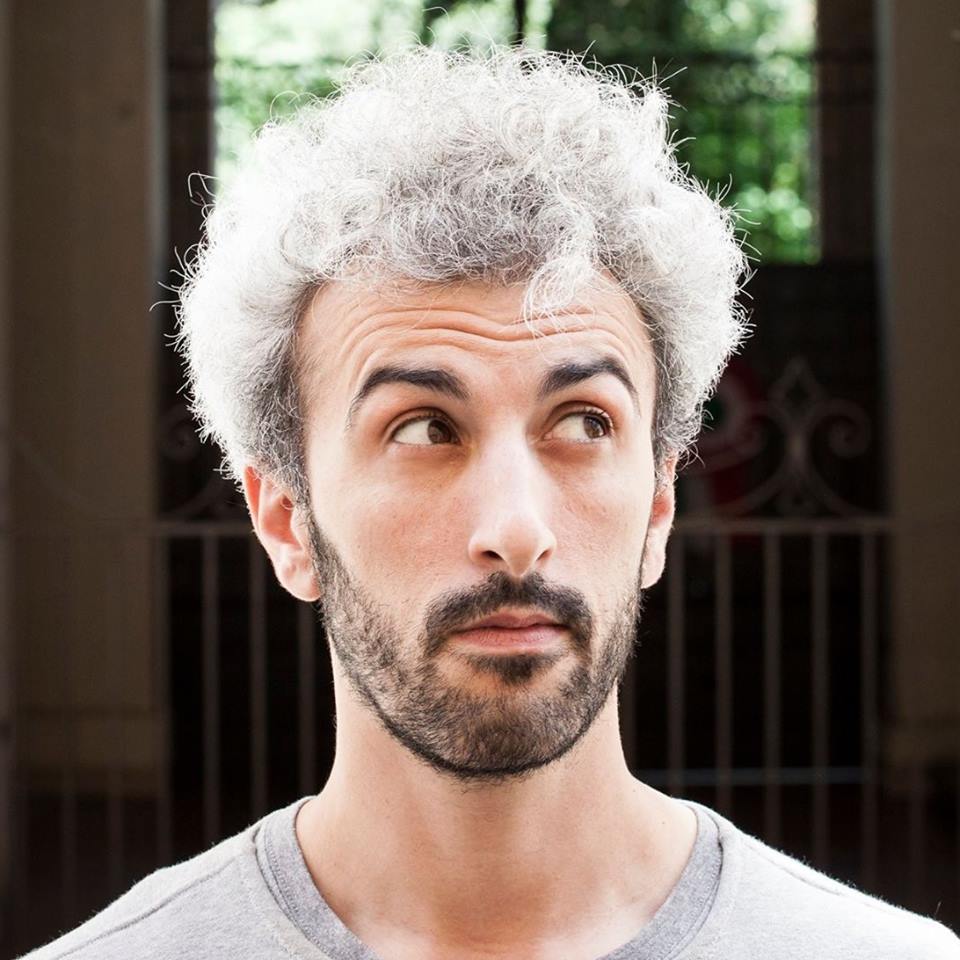
Davide Marino
Davide Marino was born archaeologist but ended up doing other things. Rational – but not methodic, slow – but passionate. A young enthusiast with grey hair
You may also like
Industrial Archaeology in Emilia: Sites and Museum
by Davide Marino /// February 23, 2017

Interested in our newsletter?
Every first of the month, an email (in Italian) with selected contents and upcoming events.

